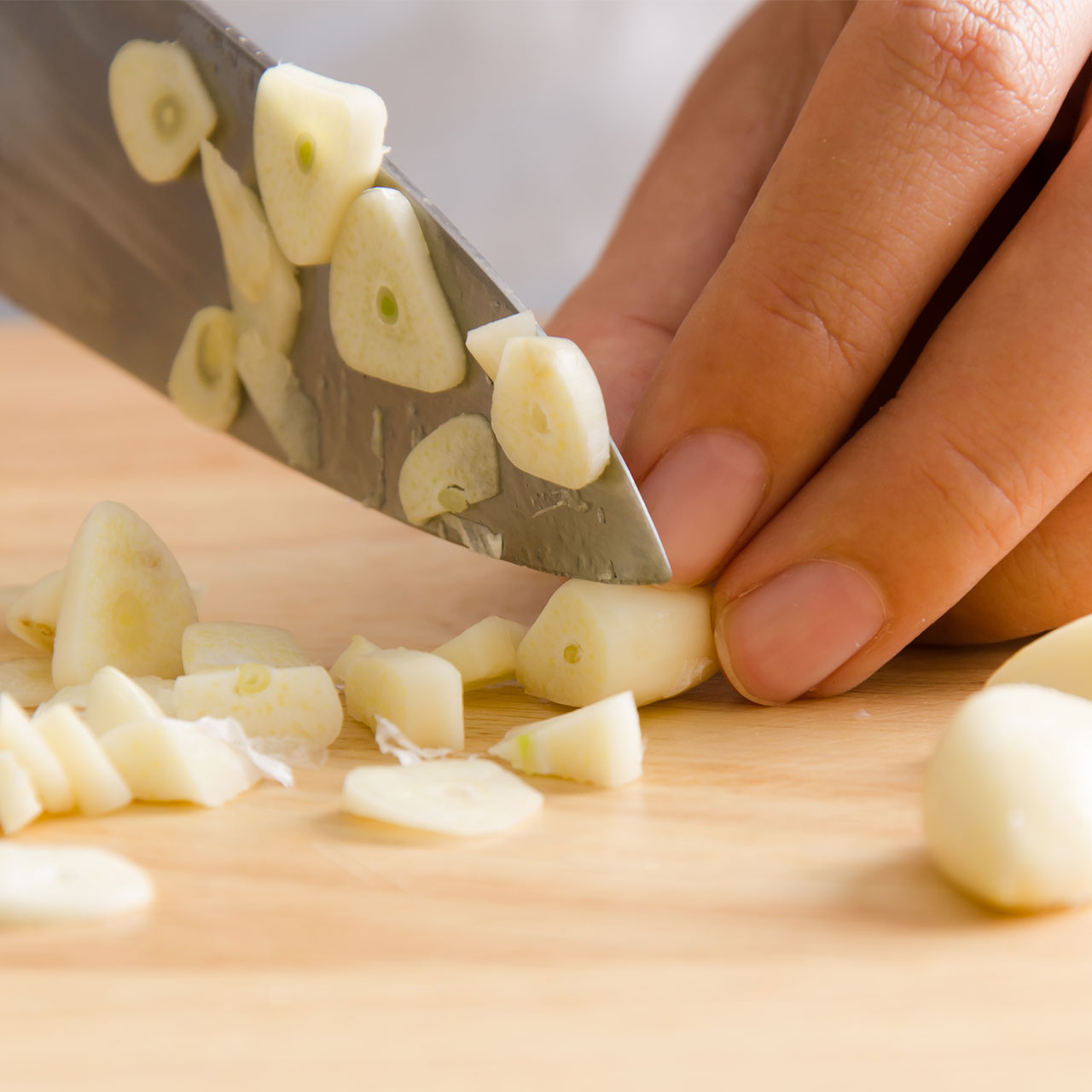This is an archived article and the information in the story may be outdated. Please check the time stamp on the story to see when it was updated last.
When you’re trying to lose weight, you’ll often hear that the more protein you eat, the better. And while it’s true that protein-rich foods beat our refined carbs in terms of how they provide long-lasting energy and can help build muscle, all foods that are considered protein rich are not created equal.
Wondering what to eat and what to avoid?
This is the one protein you should avoid because it slows weight loss over 40.

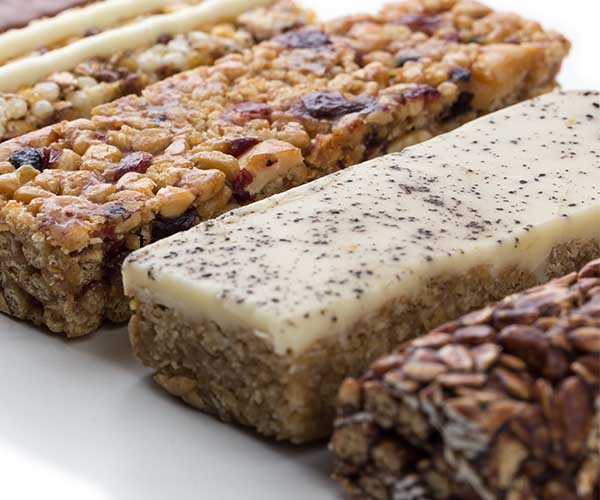
Protein Bars
Before you insist that your protein bar is the only thing that helps you make it past mile three on your run, hear us out. All protein bars are not bad. You should absolutely not cut out all protein bars from your life, assuming you’re a fan of this simple-to-pack and eat-anywhere snack.
But it’s important to read labels — because the protein bar your friend is enjoying could be very different (in terms of nutrition) from the one you always have packed in your gym bag.
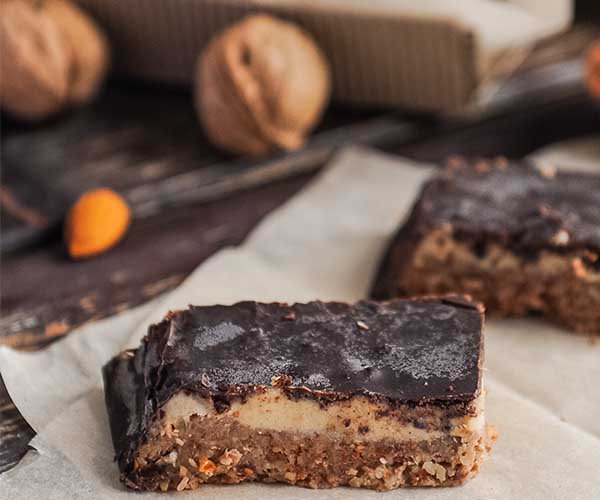
The problem with many protein bars isn’t that they don’t contain high amounts of protein — it’s that some are also loaded with sugar and/or artificial sweeteners.
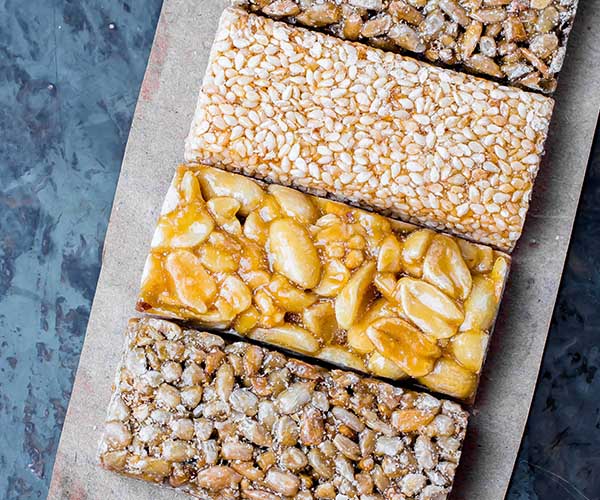
Take ThinkThin High Protein Bar in chocolate strawberry, for example. This bar does have a high 20 grams of protein and it claims to be sugar free — but what you are getting instead is 22 grams of sugar alcohol. And some of that sweetness comes courtesy of a low-calorie sweetener called maltitol, which has been shown in studies to cause stomach pain and gas in some participants.
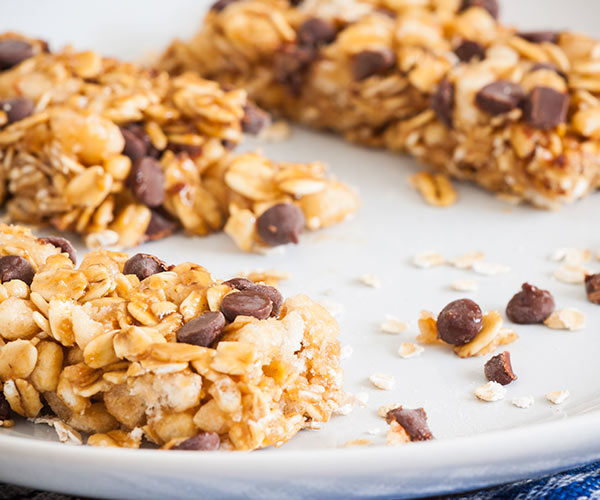
Protein bars are so popular that brands you never imagined associating with “protein” and health are putting out their own versions of the snack.
One example is Snickers Marathon Protein Performance Bar in caramel nut rush. Unfortunately, despite consuming 25 grams of protein when you eat this bar, you’re also getting a whopping 415 calories and 29 grams of sugar.
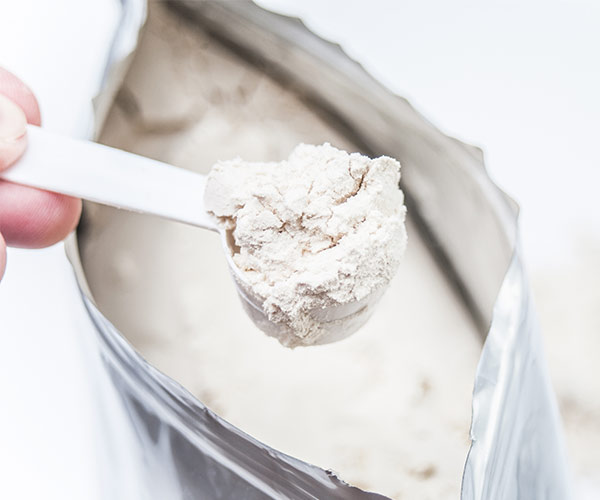
While you’re checking out the labels on your protein bar, don’t forget to pay close attention to protein powders, as well.
Like bars, some powders are extremely nutritious and will enhance your workout performance. But others could contain high amounts of sugar and artificial sugar substitutes.
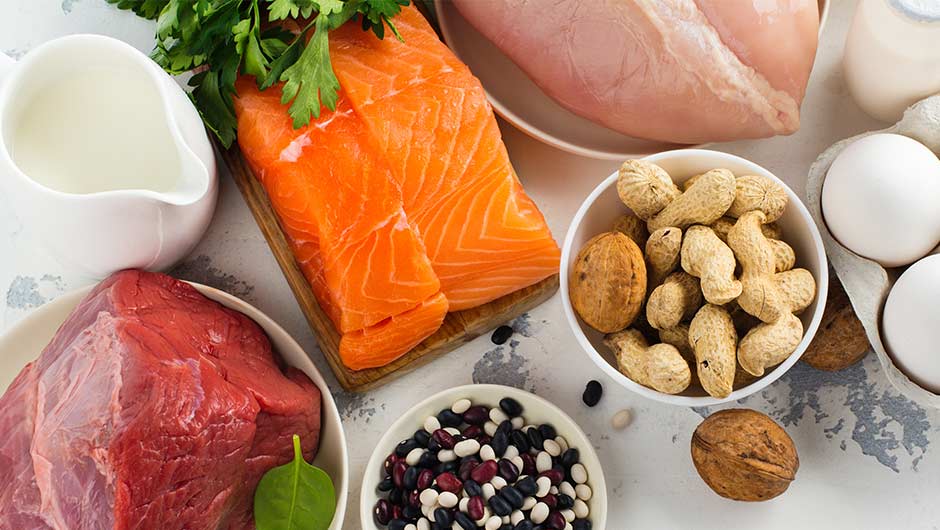
The occasional protein bar is just fine. But it’s important to get the bulk of your daily protein from whole foods like fresh fish, meat, legumes, beans, and nuts and seeds.

























